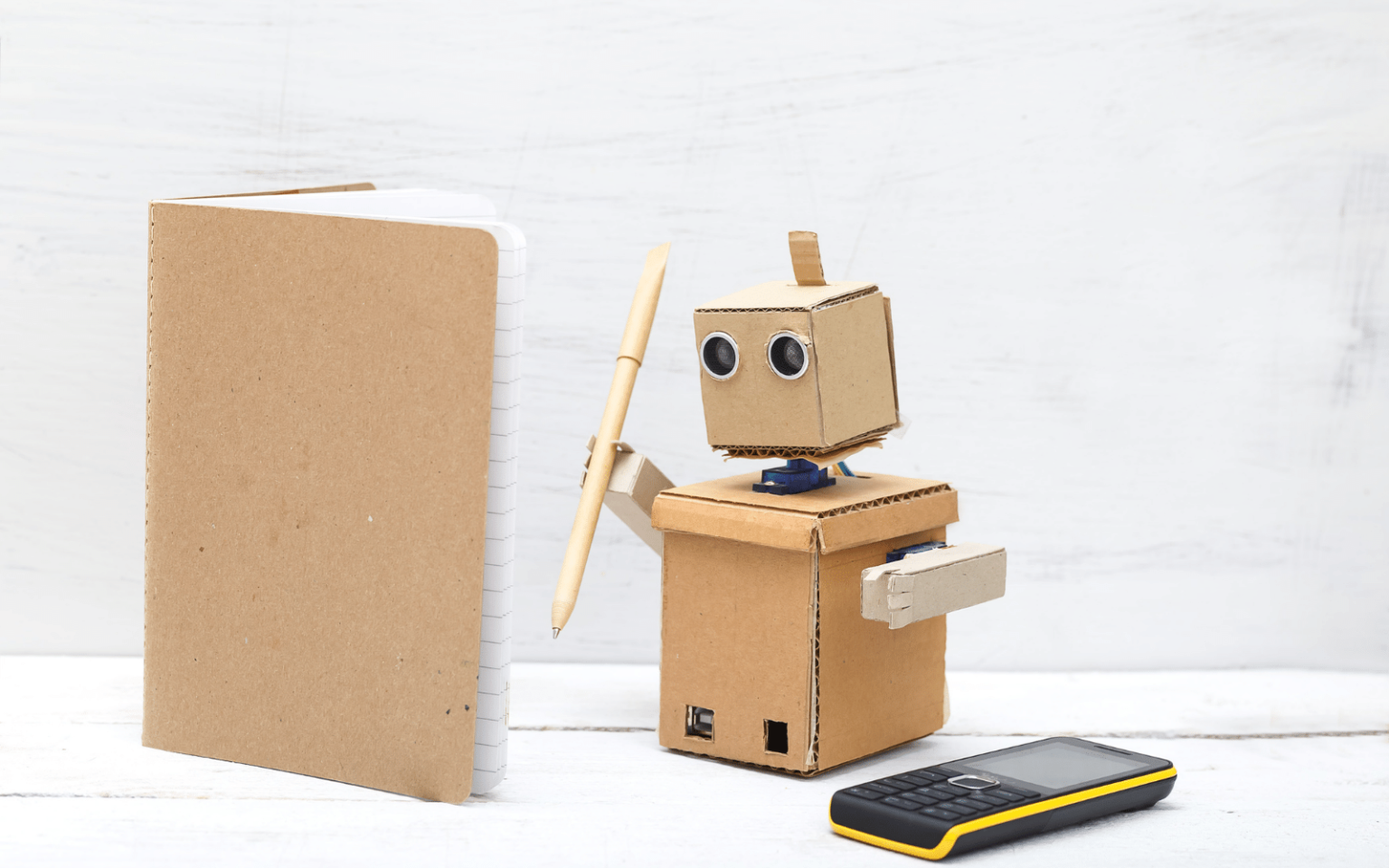The past few years have seen an explosion in applications of artificial intelligence to creative fields. A new generation of image and text generators is delivering impressive results. Now AI has also found applications in music, too. Last week, a group of researchers at Google released MusicLM – an AI-based music generator that can convert text prompts into audio segments. It’s another example of the rapid pace of innovation in an incredible few years for creative AI. https://twitter.com/chrisdonahuey/status/1620232090066497536 With the music industry still adjusting to disruptions caused by the internet and streaming services, there’s a lot of interest in how AI might change the…
Author: The Conversation
The experimental airplane X-57, developed by Nasa, is due to fly for the first time this year. It has an impressive 14 propellers along its wings and is powered entirely by electricity. This sounds great considering we have to get off fossil fuels yet our demand for aviation is growing. But how much closer will Nasa’s plane bring us to this goal? Finding an alternative to aviation fuels such as kerosene will be key if we want to continue flying. The X-57 uses lithium batteries to run electric motors for its propellers. But the energy you get from batteries, relative to their weight,…
Unless you’ve spent your summer on a digital detox, you’ve probably heard of ChatGPT: the latest AI chatbot taking the world by storm. Recent discussion about ChatGPT has focused on the risk of students using it to cheat, and whether it should be allowed in schools and universities. https://twitter.com/ceptional/status/1616951508582469632 But there’s yet another question ChatGPT has thrown up: that is, whether ChatGPT could be considered an academic author. It might seem far-fetched, but several papers published recently have listed ChatGPT as an author, including an editorial published in the journal Nurse Education in Practice. Last year, some researchers also tried to list GPT-3 as an author on a paper…
An international team of researchers looking for signs of intelligent life in space have used artificial intelligence (AI) to reveal eight promising radio signals in data collected at a US observatory. The results of their research, published in Nature Astronomy are remarkable. The team hasn’t yet carried out an exhaustive analysis, but the paper suggests the signals have many of the characteristics we would expect if they were artificially generated. In other words, they are the kinds of signals we might pick up from an extraterrestrial civilisation broadcasting into space. A cursory review of the new paper suggest these are indeed promising…
Some 540 million years ago, diverse life forms suddenly began to emerge from the muddy ocean floors of planet Earth. This period is known as the Cambrian Explosion, and these aquatic critters are our ancient ancestors. All complex life on Earth evolved from these underwater creatures. Scientists believe all it took was an ever-so-slight increase in ocean oxygen levels above a certain threshold. We may now be in the midst of a Cambrian Explosion for artificial intelligence (AI). In the past few years, a burst of incredibly capable AI programs like Midjourney, DALL-E 2 and ChatGPT have showcased the rapid progress we’ve made in machine…
With generative artificial intelligence (AI) systems such as ChatGPT and StableDiffusion being the talk of the town right now, it might feel like we’ve taken a giant leap closer to a sci-fi reality where AIs are physical entities all around us. Indeed, computer-based AI appears to be advancing at an unprecedented rate. But the rate of advancement in robotics – which we could think of as the potential physical embodiment of AI – is slow. Could it be that future AI systems will need robotic “bodies” to interact with the world? If so, will nightmarish ideas like the self-repairing, shape-shifting T-1000 robot from the Terminator…
Our Earth is structured sort of like an onion – it’s one layer after another. Starting from the top down, there’s the crust, which includes the surface you walk on; then farther down, the mantle, mostly solid rock; then even deeper, the outer core, made of liquid iron; and finally, the inner core, made of solid iron, and with a radius that’s 70% the size of the Moon’s. The deeper you dive, the hotter it gets – parts of the core are as hot as the surface of the Sun. Journey to the center of the Earth As a professor of…
Of all the reactions elicited by ChatGPT, the chatbot from the American for-profit company OpenAI that produces grammatically correct responses to natural-language queries, few have matched those of educators and academics. Academic publishers have moved to ban ChatGPT from being listed as a co-author and issue strict guidelines outlining the conditions under which it may be used. Leading universities and schools around the world, from France’s renowned Sciences Po to many Australian universities, have banned its use. These bans are not merely the actions of academics who are worried they won’t be able to catch cheaters. This is not just about catching students who…
There are hundreds of millions of asteroids in our Solar System, which means new asteroids are discovered quite frequently. It also means close encounters between asteroids and Earth are fairly common. Some of these close encounters end up with the asteroid impacting Earth, occasionally with severe consequences. A recently discovered asteroid, named 2023 BU, has made the news because today it passed very close to Earth. Discovered on Saturday January 21 by amateur astronomer Gennadiy Borisov in Crimea, 2023 BU passed only about 3,600km from the surface of Earth (near the southern tip of South America) six days later on January 27. That distance is just slightly farther than…
Most of us have felt either too hot or too cold at some point in our lives. Depending on where we live, we may feel too cold quite often each winter, and too hot for a few days in summer. As we’re writing this in late January 2023 many southern Africans are probably feeling very hot and fatigued; a prolonged regional heatwave began around 9 January. Being too hot isn’t just uncomfortable. Heat stress causes dehydration, headaches, nausea – and, when people are exposed to high temperatures for protracted periods, they risk severe health outcomes and could even die. For instance,…










